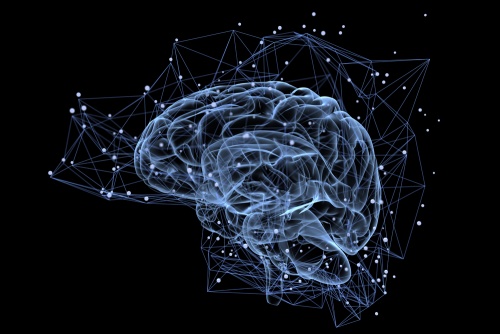Pimavanserin
Dementia-related delusions and hallucinations take a severe emotional, financial, and social toll on patients and their families – especially on caregivers who are challenged to deal with a loved one whose symptoms prevent them from understanding or dealing with their reality.
Pimavanserin is a treatment for dementia-related psychosis, developed by Acadia Pharmaceuticals, which had been submitted to the Food and Drug Administration (FDA) for review and approval.

About Dementia-Related Delusions and Hallucinations
- Dementia-related delusions and hallucinations take a severe emotional, financial, and social toll on patients and their families – especially on caregivers who are challenged to deal with a loved one whose symptoms prevent them from understanding or dealing with their reality.
- Dementia-related psychosis is one of the most frequent causes for families’ decisions to place their loved ones in institutional care settings, with the additional consequences of family separation and financial burden.
- About 8 million Americans are living with dementia, and dementia-related hallucinations and delusions affect the quality of life and health of about 2.4 million of them. Patients and their families desperately need help with these symptoms.
About Pimavanserin
- Pimavanserin is a treatment for dementia-related psychosis, developed by Acadia Pharmaceuticals, which had been submitted to the Food and Drug Administration (FDA) for review and approval.
- In April, 2021, the FDA failed to approve pimavanserin, citing “a lack of statistical significance in some of the subgroups of dementia, and insufficient numbers of patients with certain less common dementia subtypes as lack of substantial evidence of effectiveness to support approval.”
- Acadia, which has developed pimavanserin, has requested a Type A meeting to work with the FDA to address issues identified in the agency’s Complete Response Letter to the application for approval.
- If approved by the FDA, pimavanserin would be the only treatment available for dementia-related delusions and hallucinations.
Pimavanserin and UsAgainstAlzheimer’s
- UsAgainstAlzheimer’s has called on the FDA to meet expeditiously with Acadia and seek to identify a path forward for pimavanserin, given the benefits demonstrated during the clinical trial and the importance to patients and families of addressing these symptoms.
- This treatment would bring immense relief to caregivers of those with dementia who experience symptoms including delusions and hallucinations.
- With no other treatments currently available to combat these symptoms, anti-psychotic drugs are being used. These drugs have limited effectiveness and severe side effects – including higher rates of death.
- The unmet need felt by patients and caregivers for these symptoms is immense and the FDA’s refusal to approve this treatment means they must now wait even longer.
Disclosure
The work by UsAgainstAlzheimer’s over the past decade on behalf of patients and caregivers to end Alzheimer’s disease has earned financial support from thousands of individuals, institutions, and companies, including Acadia.
The UsAgainstAlzheimer’s A-LIST®, Acadia and the Lewy Body Dementia Association jointly conducted a qualitative and quantitative study of people who have a diagnosis of dementia with psychotic symptoms or their care partners. The survey results show that many patients with dementia-related psychosis – who have symptoms such as visual hallucinations, auditory hallucinations, and persecutory delusions – are unaware of what’s happening or how to communicate what they are experiencing. This increases stress and anxiety and affects the daily lives of both patients and their caregivers. Two research posters reporting on this dementia-related psychosis research (links here and here) were presented at the 2020 AAIC conference.